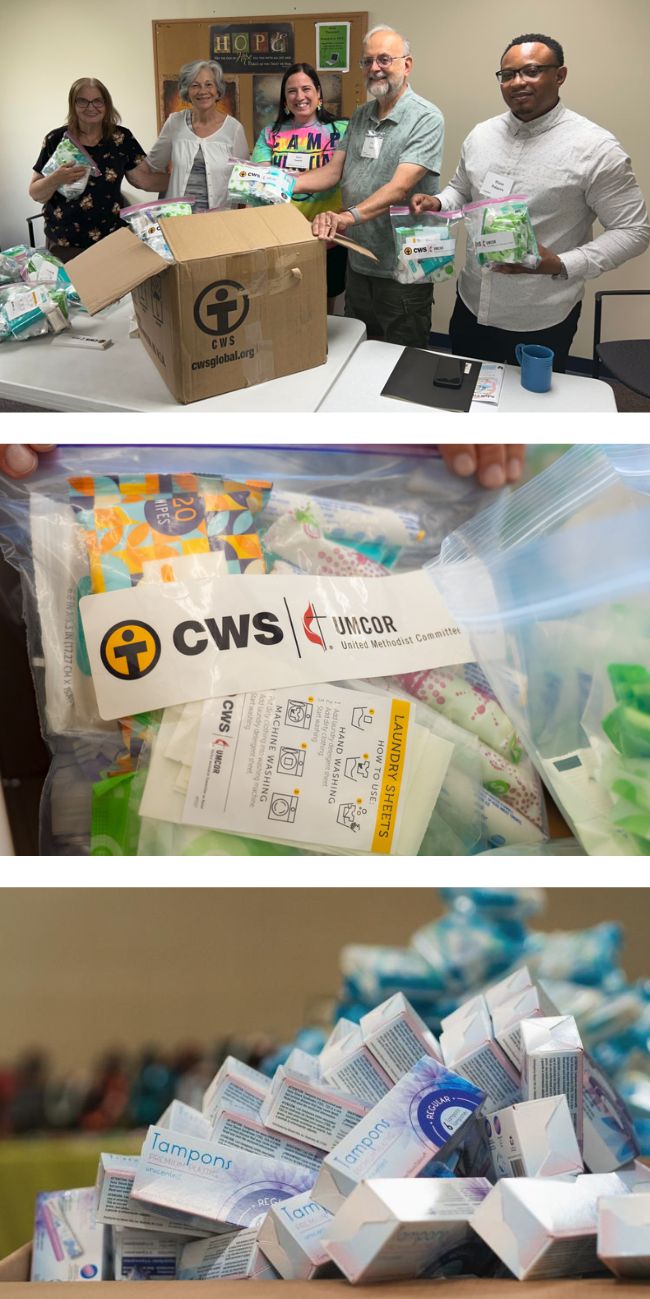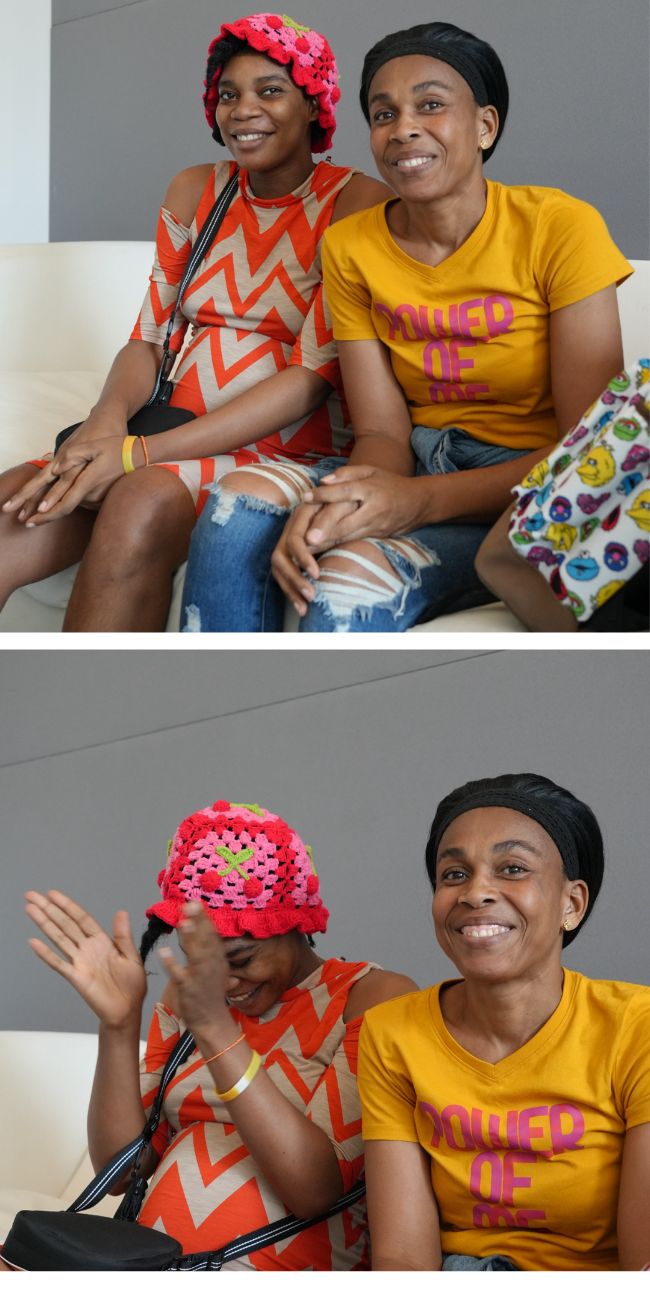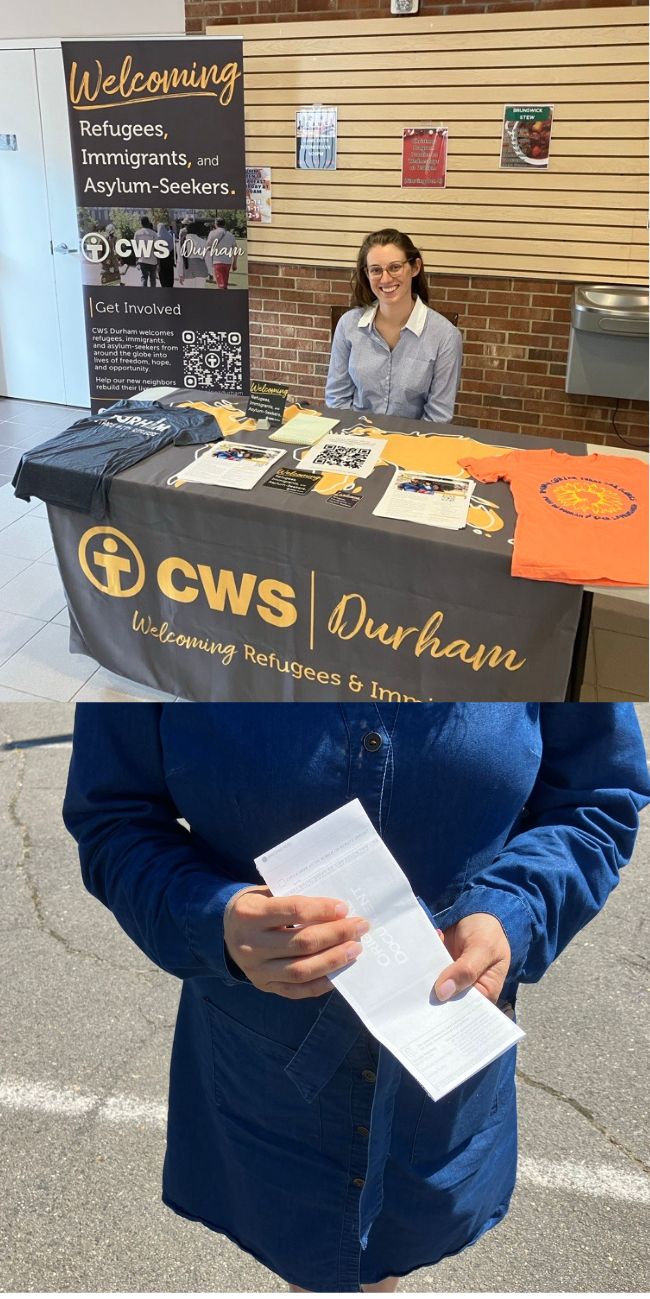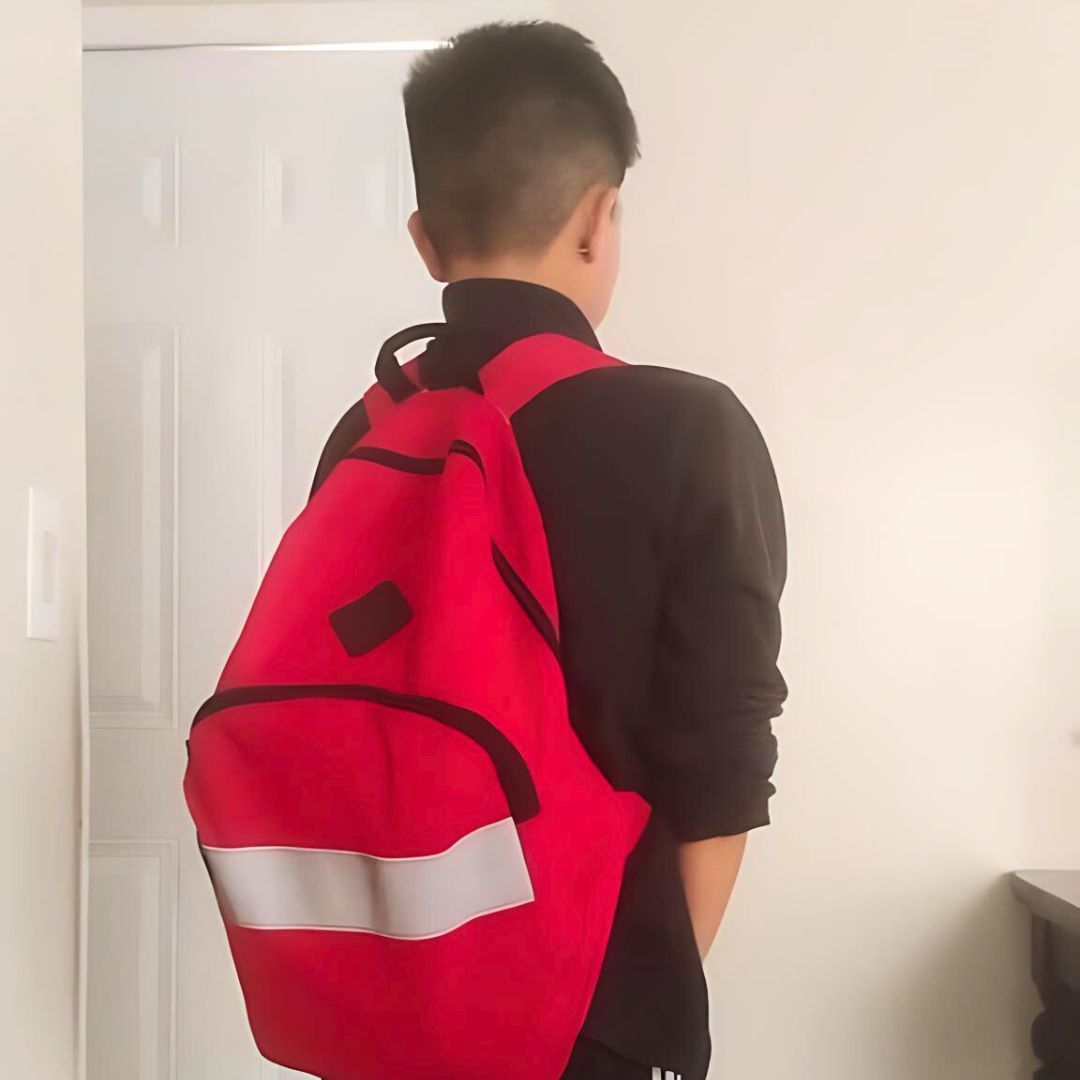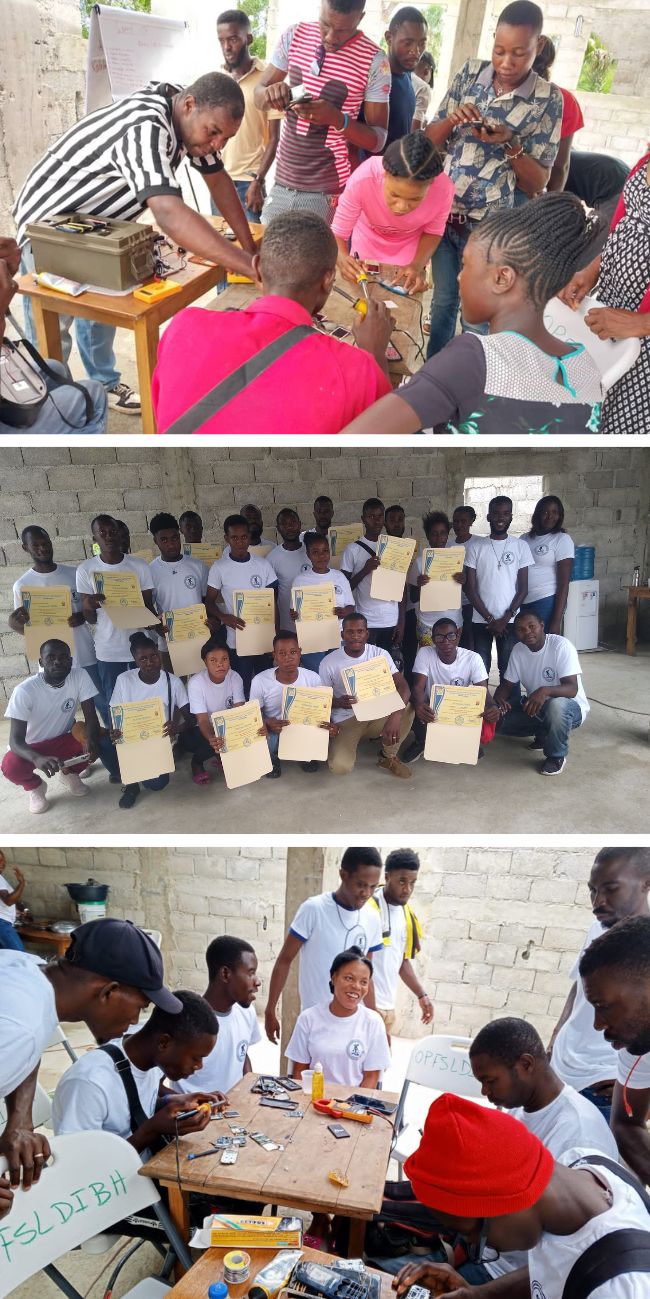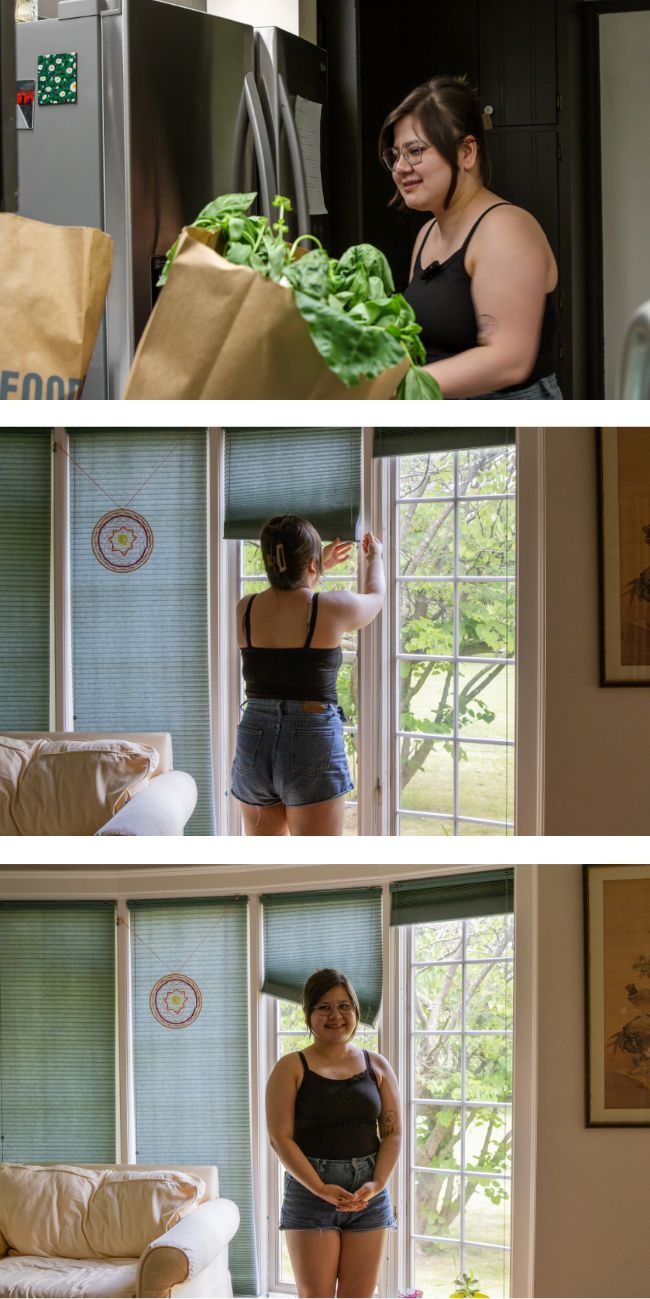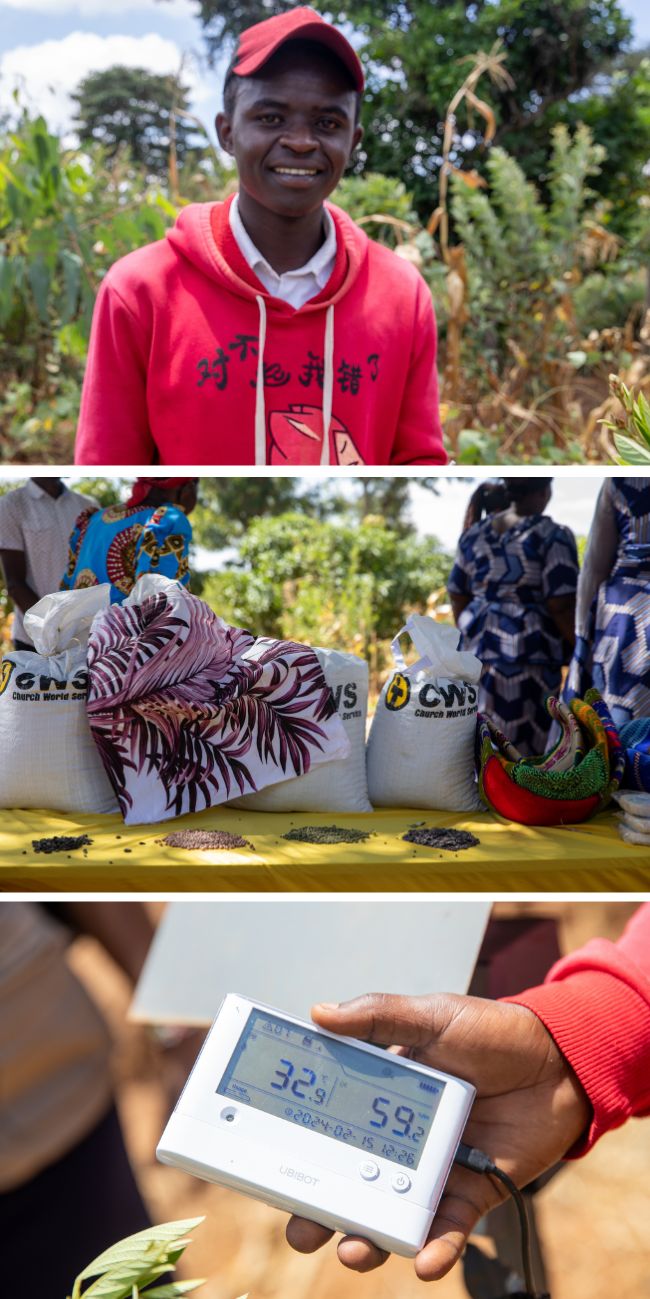“I left it all in the hands of God”
For as long as he can remember, 12-year-old Mateo’s family has been the grounding force in his life, always guiding him and providing unconditional love. In his home in Mexico, he was used to a full house, surrounded by his seven cousins, four younger siblings, mom, aunt, and uncle, which was especially important to him because his father has been in prison since Mateo was a baby. Never did Mateo expect that this family he loved with all his heart would be taken from him in a matter of minutes.
The family’s life as they knew it began to change when Mateo’s uncle left for the United States to seek better opportunities to provide for his family. “I lasted almost two years without seeing my husband,” explains Elena, Mateo’s aunt. Elena and Mateo’s mom managed for these two years, but eventually, the distance was too difficult for Elena and her seven children, and she made the decision to reunite with her husband.
When Elena began to plan her journey to the United States, she and Mateo’s mother agreed it was an opportunity for Mateo to have a better life, away from their impoverished community that was sometimes stricken by violence.
Despite his apparent maturity, Mateo was just a little boy, and leaving his mom behind was heartbreaking for both him and her. Thankfully, the plan was that his mom and siblings would join the rest of the family just a few months later, which meant that Mateo would only be separated from her for a short time. Elena began her journey with all eight children, including Mateo, who she considered one of her own children. “He is also my son,” she told us. “I treat them exactly the same.”
The family’s travel consisted of long bus rides and stays at safe houses until they finally reached the border. As simple as it might sound, these days were no easy feat for Elena, who was solely responsible for the eight children ranging from ages 3 to 14. She recalls that many of those traveling with her were also women with children. When they arrived at the border, they were taken in by immigration officials, who took them to a detention center.
The detention center felt unbearable for Elena’s children, who were exhausted from many days of travel and cried out that they were tired and hungry and had to wait for many hours sharing only two aluminum blankets. After a few days, the family was released to another center in Arizona, where immigration officials processed their documents. It was here that Elena learned that without the proper documentation to confirm that Mateo was indeed related to her, he would have to go through the process of entering the United States as an unaccompanied child, a process that exists to ensure children who enter without legal guardians are protected from situations like trafficking or kidnappings. Elena was shocked but trusted that all would end up well and said, “I left it all in the hands of God.”
At that moment, the foundation that had supported Mateo his entire life was pulled from under him, leaving him alone in a foreign country where he would have to rely on the kindness of strangers. The process of having Mateo reunited with his family took two months. During this time, Elena and her children also struggled, experiencing homelessness for a week until they were able to reach the Texas city where her husband awaited them. She remembers phone calls with Mateo, in which he would ask, “When will you come to get me out of here?” and dreamed of the meals he would enjoy as soon as he left specifically some delicious Kentucky Fried Chicken.
Finally, Mateo was released to the family and his official sponsor, his uncle, who welcomed him into their new home with overwhelming joy. “I can be loud here!” Mateo exclaimed in his new home, where he excitedly played with his cousins and looked forward to watching his favorite shows on the TV. “He also got his favorite food!” said Elena with laughter.
Although he remains separated from his mother and siblings, Mateo is still hopeful he will one day reunite with them and, for now, is happy to be with his family again and is focusing on learning English and going to school. Through the support of CWS’ Children’s Services program, the family has an assigned case manager who is helping them create the safest and friendliest home possible for Mateo. Their case manager has worked diligently to provide them with various donations, including clothing, food, furniture, backpacks, school supplies, educational books, car seats and other necessities. Beyond this tangible support, Elena and her husband have become a team with their case manager, who checks on the family frequently, ensuring that they have access to the right resources and are on a path to success.
So far, Mateo is enjoying school and when we asked Elena if he’d made any new friends, she replied, “Oh boy, has he!” noting that he has all types of friends and is learning English quickly. She added gleefully, “He’s still a kid, but he feels like a man.” In his new home, Mateo can trust that he can go to school, feel safe, pursue his dreams, and be who he has always been: a kid.
*Note: pseudonyms have been used to protect the identity of the individuals in this story
To learn more about our Children Services program, click here.
